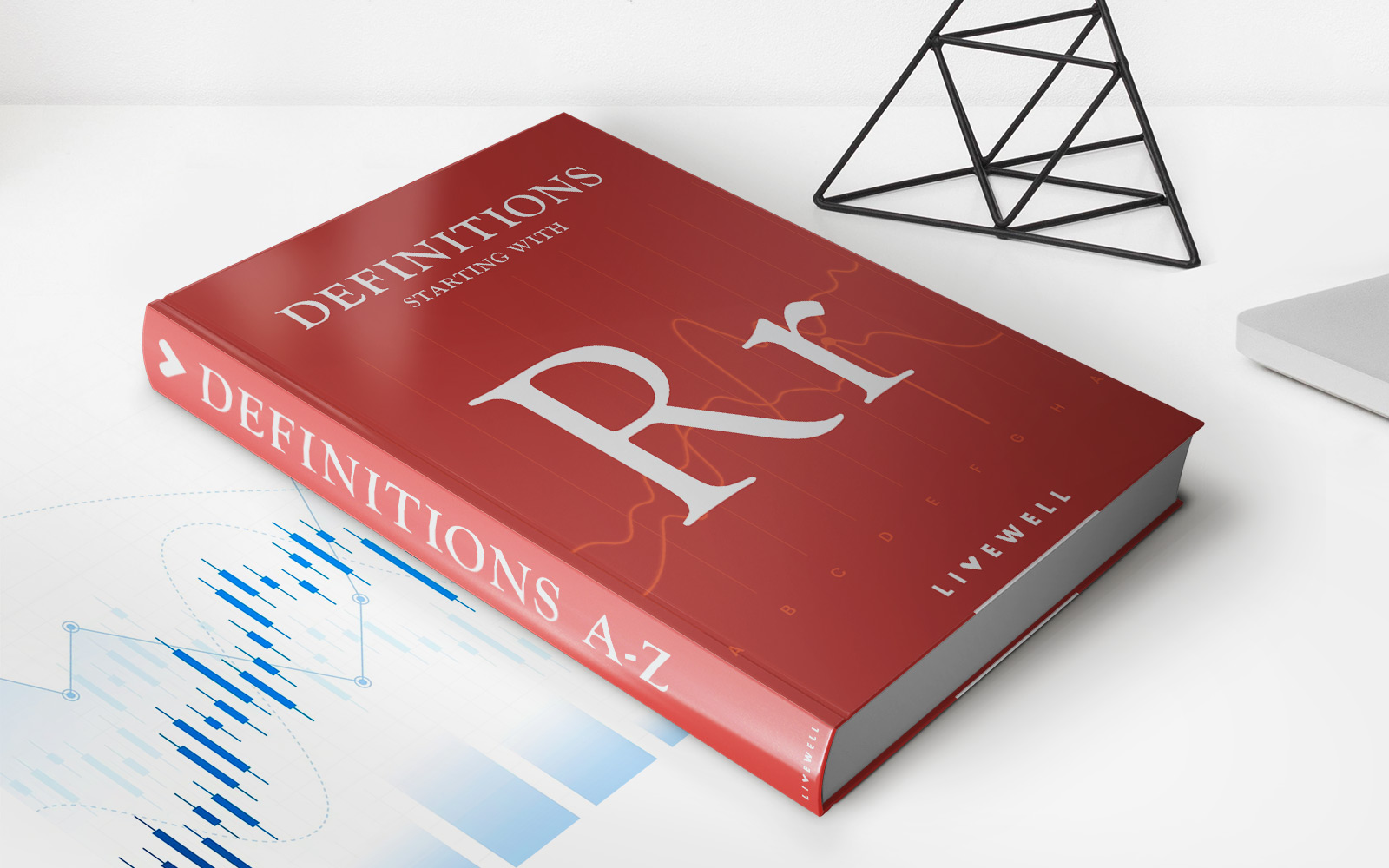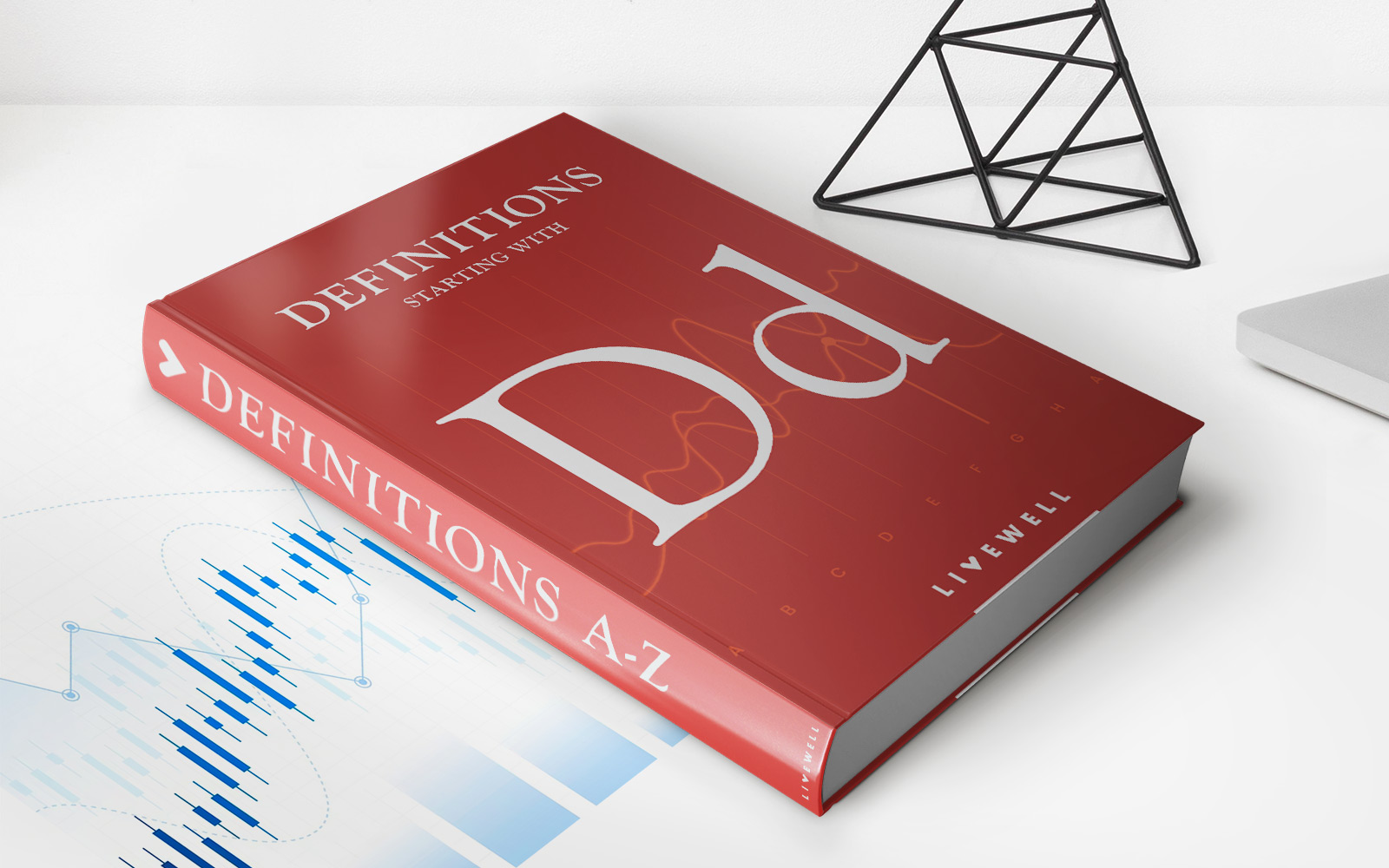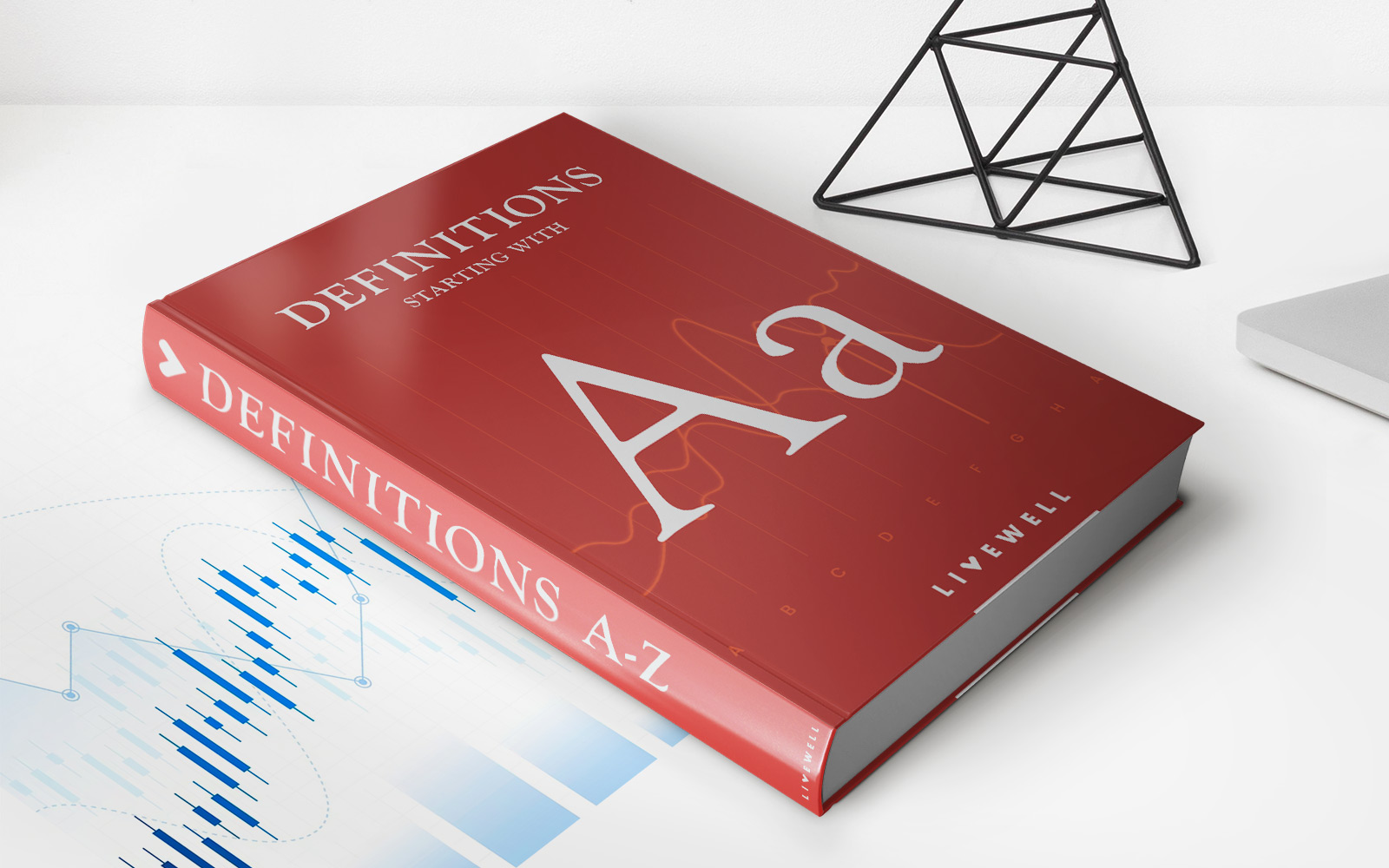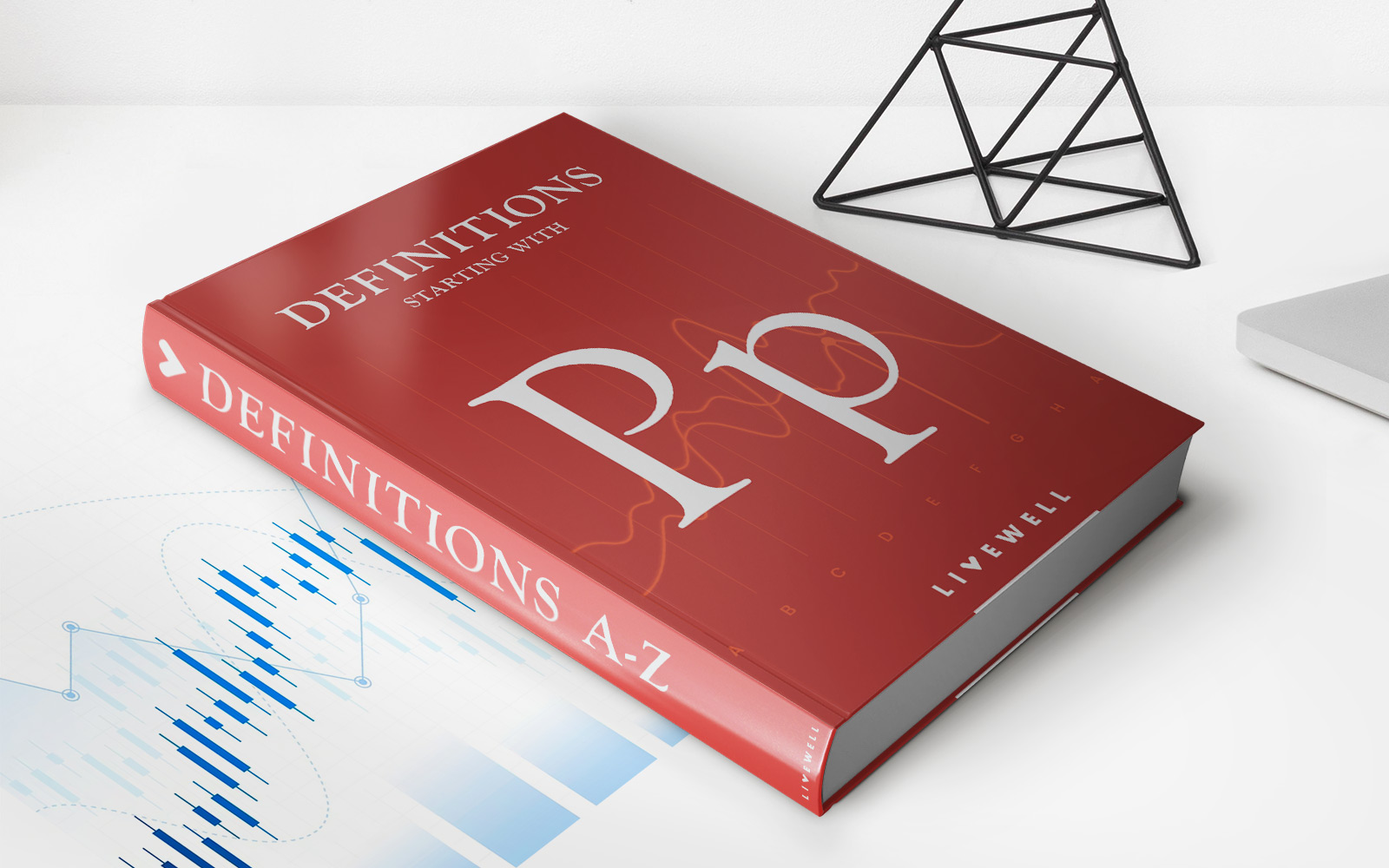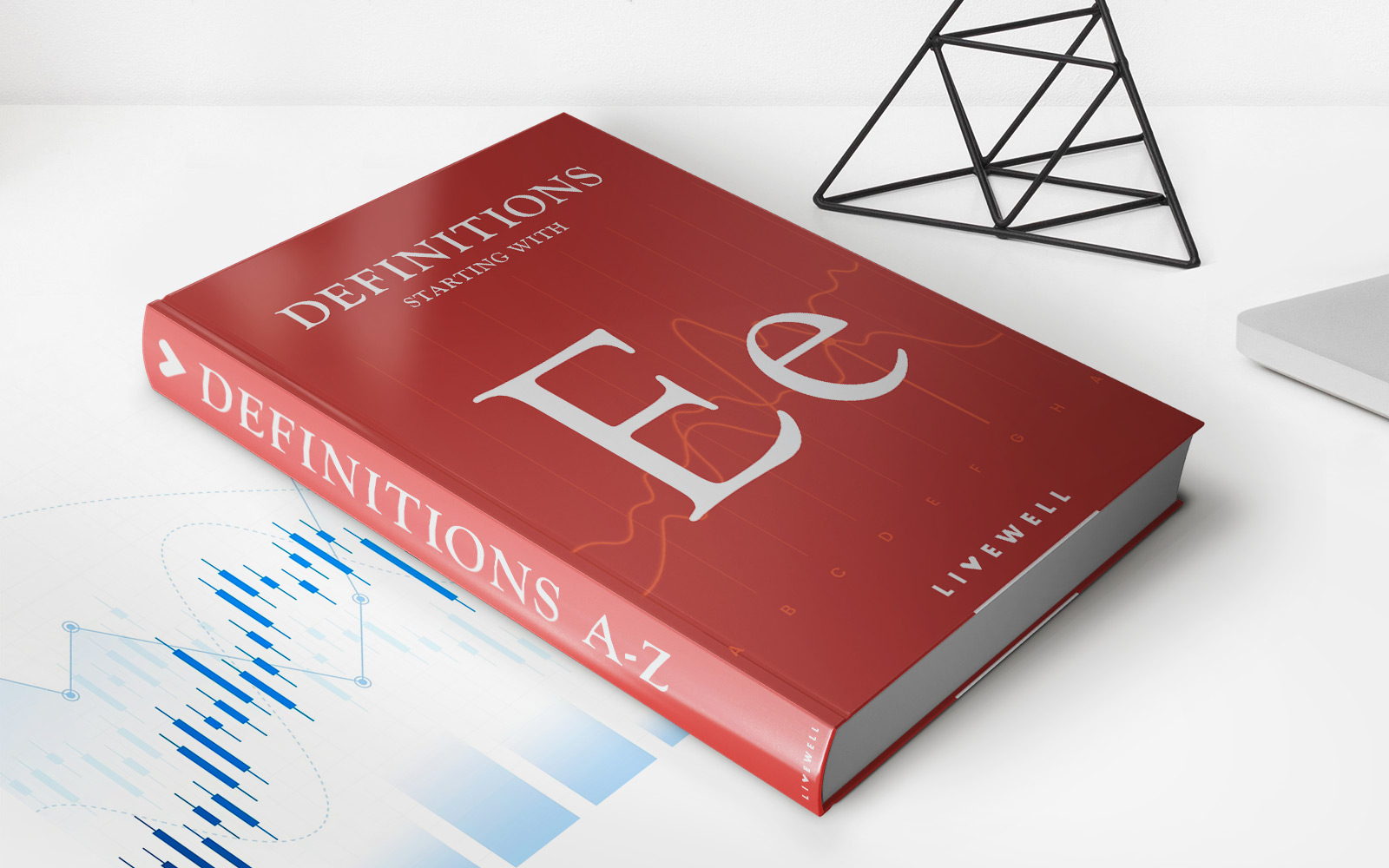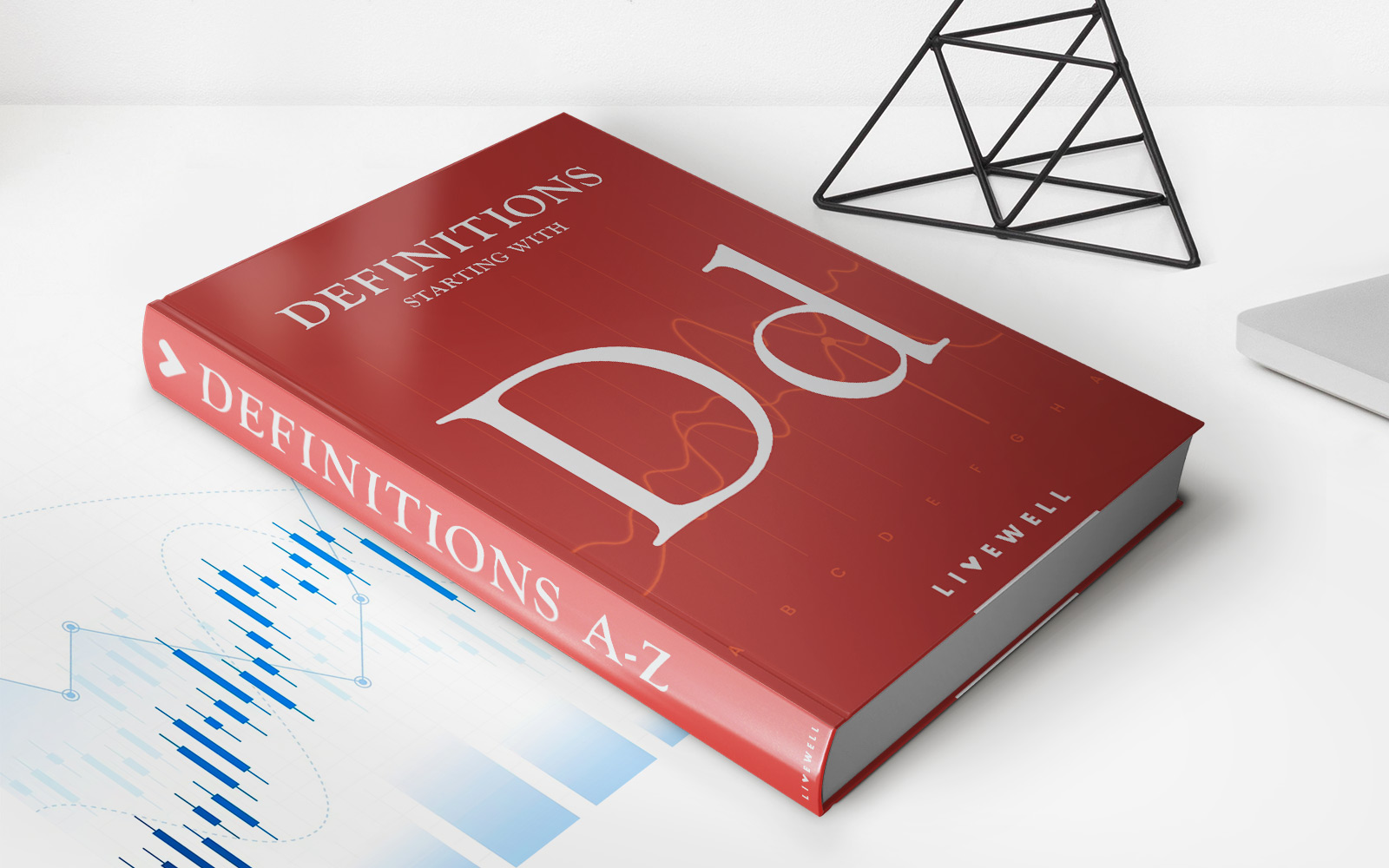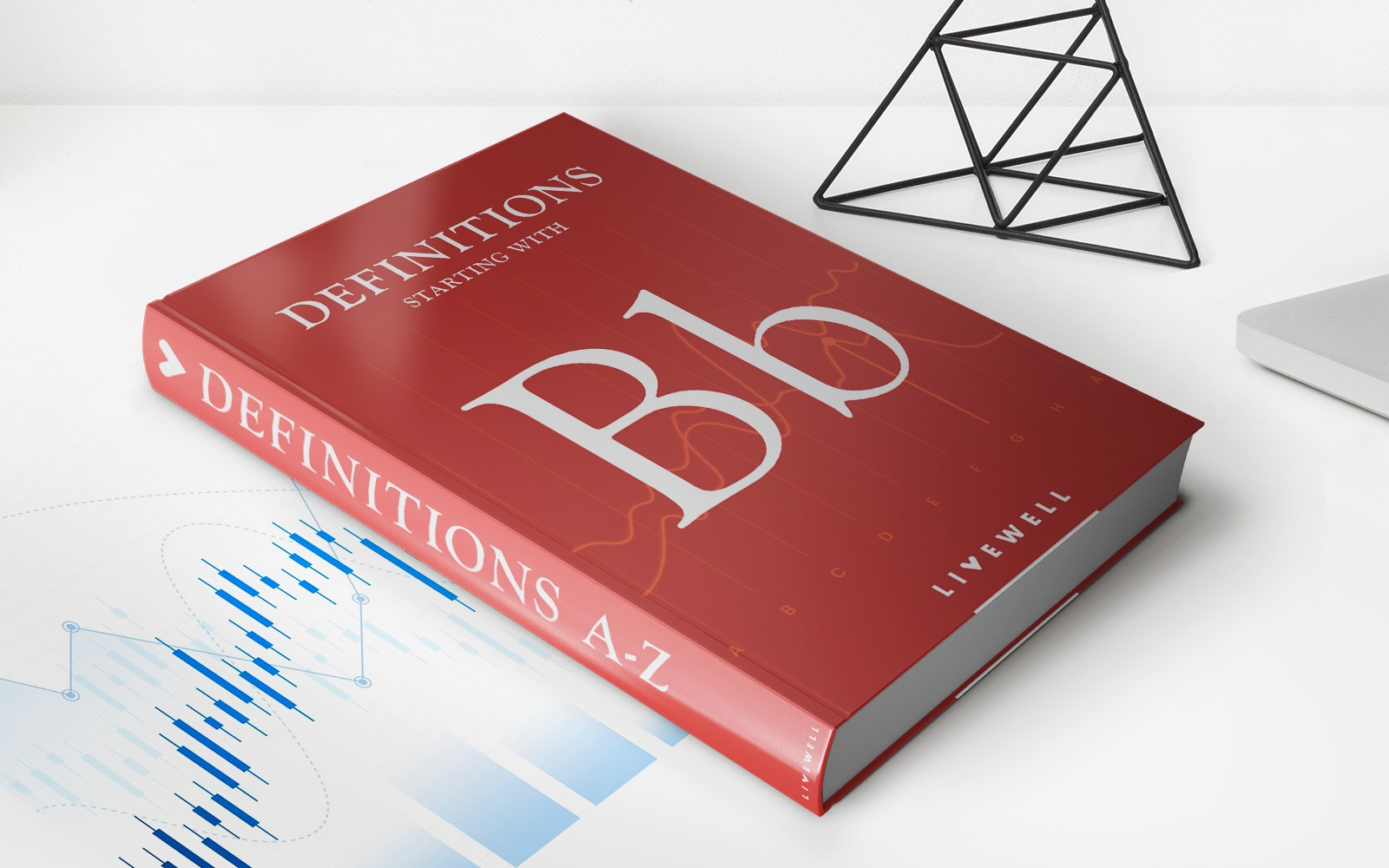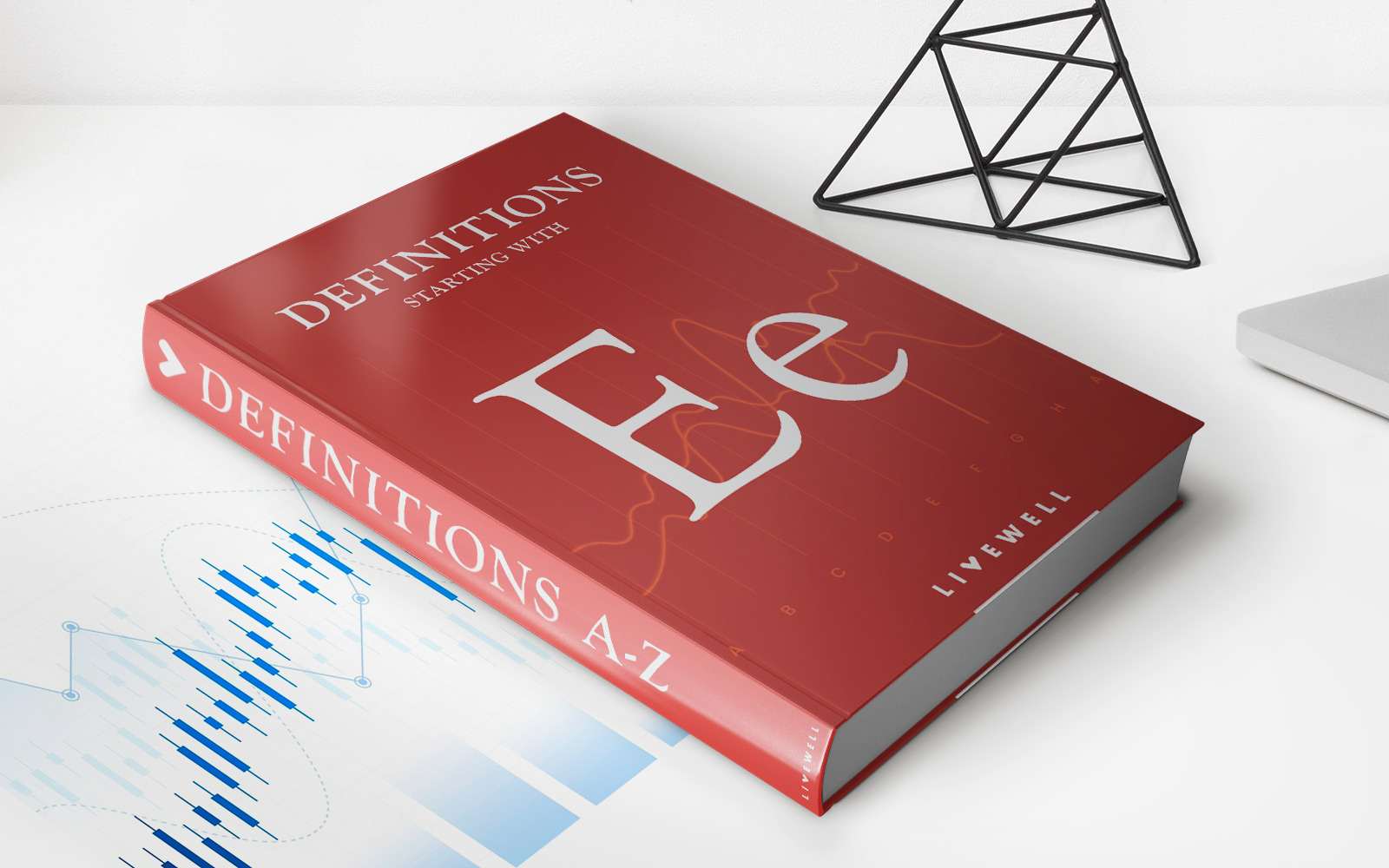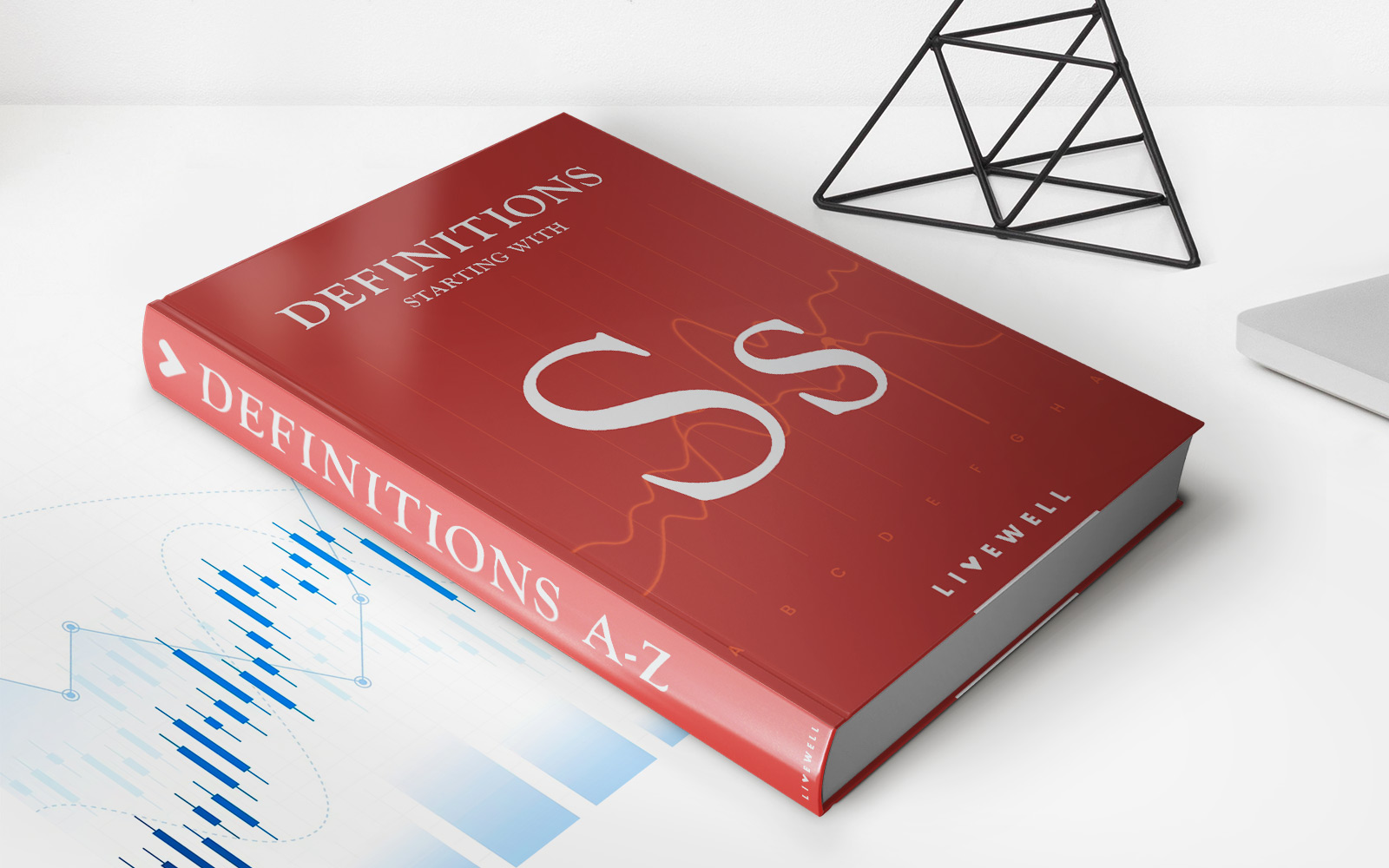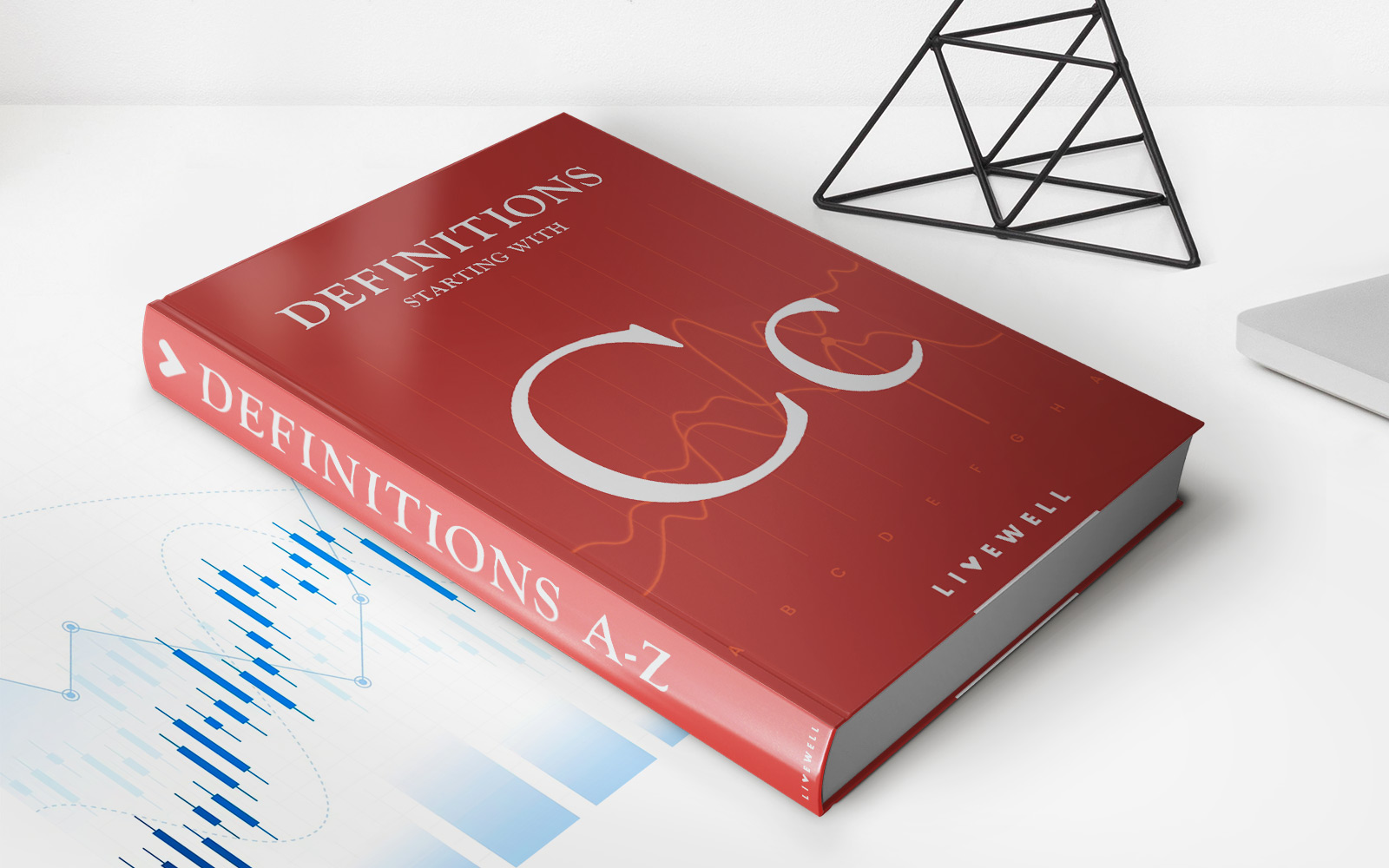Home>Finance>Rational Behavior: Definition And Example In Economics
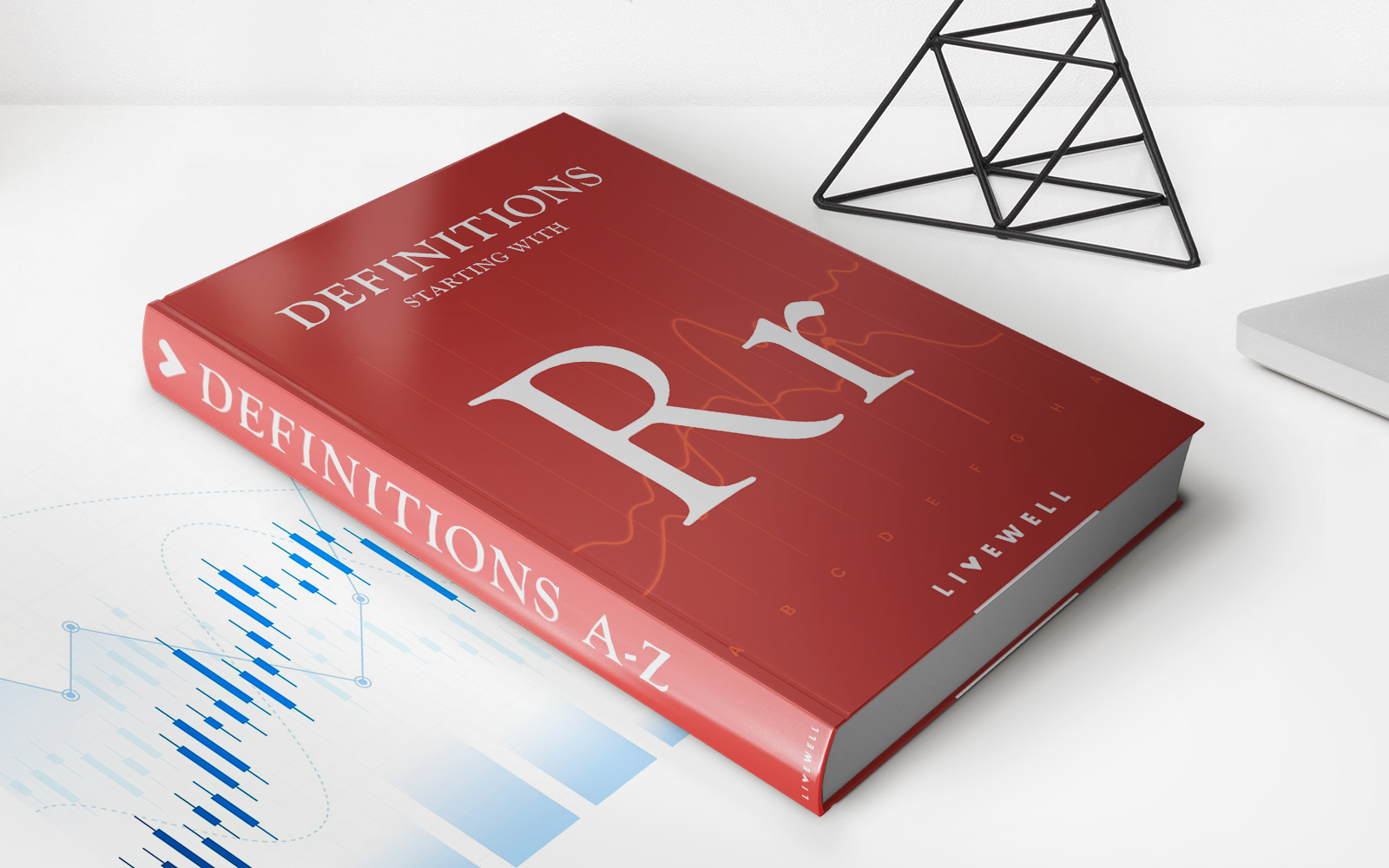

Finance
Rational Behavior: Definition And Example In Economics
Published: January 16, 2024
Learn about rational behavior in economics and how it applies to finance. Explore its definition and examples to enhance your understanding of financial decision-making.
(Many of the links in this article redirect to a specific reviewed product. Your purchase of these products through affiliate links helps to generate commission for LiveWell, at no extra cost. Learn more)
Understanding Rational Behavior in Economics
When it comes to economics, understanding human behavior is essential. People make decisions every day, and those decisions can have a significant impact on the economy as a whole. But how can we explain and predict human behavior in economic terms? This is where the concept of rational behavior comes into play.
Key Takeaways:
- Rational behavior in economics is the theory that individuals make decisions based on their own self-interest and with the goal of maximizing their personal satisfaction.
- Rational actors carefully analyze the costs and benefits of different choices before making a decision.
But what exactly is rational behavior in economics?
Rational behavior, in the context of economics, refers to the theory that individuals make decisions based on their own self-interest and with the goal of maximizing their personal satisfaction or utility. It assumes that people are rational actors who carefully analyze the costs and benefits of different choices before making a decision. This implies that individuals make decisions in a systematic and logical manner, always seeking to maximize their own well-being.
An Example of Rational Behavior
To better understand rational behavior, let’s consider an example:
Imagine you are walking down the street and you come across a coffee shop. You’re feeling thirsty, and you really want to have a cup of coffee. However, you realize that you only have $5 in your wallet, and the price of a cup of coffee at this particular shop is $6. What do you do?
A rational actor would weigh the costs and benefits in this situation. They would consider the value they place on the coffee, the price of the coffee, and the value of the $6 they would need to spend. In this case, the rational decision would be to forgo the coffee because the price exceeds the value the individual assigns to it. They would choose to keep their $5 and seek a more affordable option.
This example demonstrates how rational behavior is based on a logical analysis of costs and benefits. Rational actors consider the constraints they face, such as limited resources or a budget, and make decisions that maximize the utility they derive from those resources.
In conclusion, rational behavior plays a fundamental role in economic decision-making. It is the assumption that individuals act in their own self-interest and make choices based on a careful analysis of costs and benefits. By understanding rational behavior, economists can better predict and explain the actions of individuals in economic systems.

